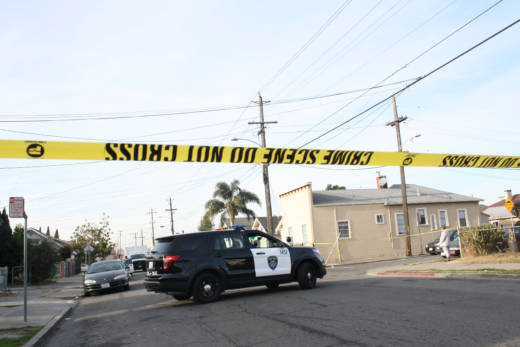2015 was the year California began revamping the way it sentences people for certain nonviolent drug and theft crimes -- reducing the prison population and reinvesting that money in supportive services.
It was also the year that crime went up. According to Charis Kubrin, who co-authored a recent study on the uptick, statewide violent crime rose 8 percent and property crime rose by 6 percent.
"I think a lot of people assumed, 'Oh, it must be because Proposition 47 caused those upticks in crime,' " said Kubrin.
But there wasn't any definitive research on the topic, and so Kubrin and UC Irvine colleague Bradley Bartos set out to learn whether that assumption was accurate. Was the change in policy a factor in the increase? Using 44 years of data from every state in the country, they created a fictitious comparison -- a California where Proposition 47 did not happen.
And for the first time, the researchers say there's conclusive evidence that Proposition 47 is not to blame for the rise in crime. While the study initially did show a modest causal relationship between the measure and an increase in larceny and property crimes, Kubrin said that the finding did not survive standard cross-checking protocol.

